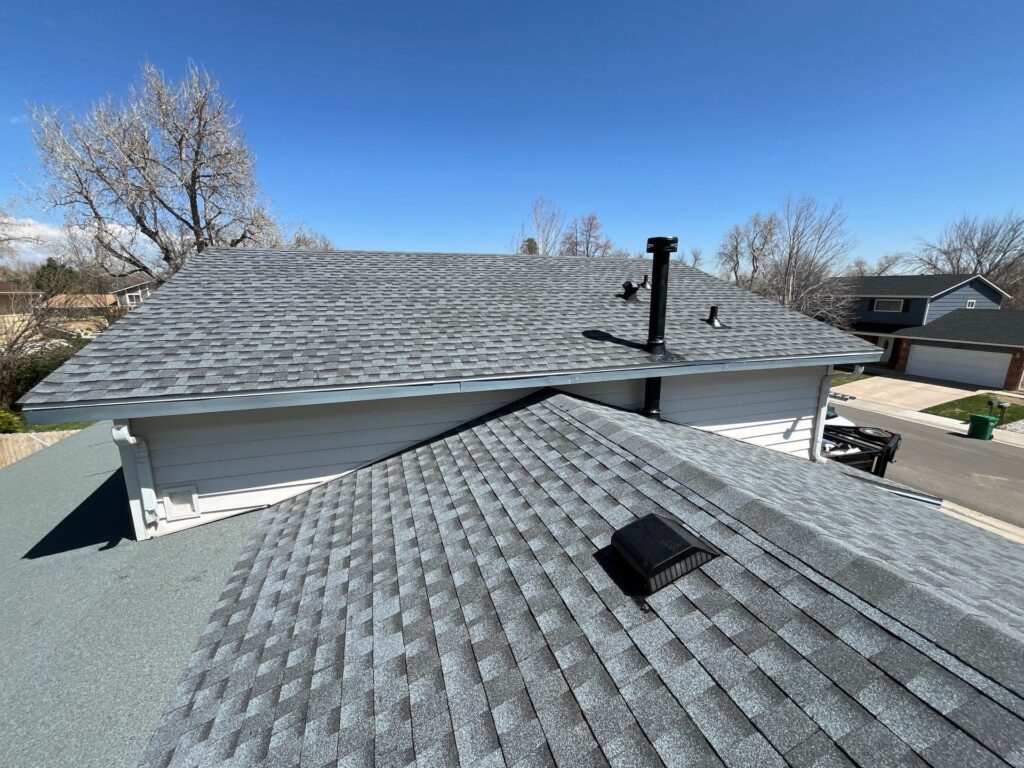Clear and Secure the Perimeter Around Your Home
Before the arrival of the roofing crew, it is imperative to remove any obstacles surrounding your property. Park vehicles away from the driveway, remove patio furniture, potted plants, grills, and any decorative items from the yard or walkways. Ensure that landscaping elements such as garden lights or ornaments are either temporarily relocated or properly protected. Trimming trees with branches that overhang the roof is crucial for easy access and safe working conditions. This allows the team to move materials and equipment efficiently, reducing the risk of accidents or delays.
Safeguard Your Interior from Vibrations and Debris
Roof replacement can cause substantial vibrations that travel through the walls and ceilings of your home. To avoid damage, take down picture frames, mirrors, wall-mounted electronics, and other fragile decorations, especially on upper floors. In attic spaces, where roofing debris and dust are most likely to accumulate, cover stored belongings with plastic sheeting or drop cloths. Protect light fixtures and ceiling fans by checking their mounting and securing them if necessary. These measures help avoid costly damage and reduce post-installation cleaning.
Create Easy Access for the Roofing Crew
Access is vital for both speed and safety during roof installation. Unlock gates, remove any barriers to driveways or pathways, and ensure there is space for materials to be dropped off and for equipment like dumpsters and ladders. Keep pets and children indoors or off-site to avoid accidental injuries. If your home is located in a community with close neighbors or strict HOA rules, inform them ahead of time to prevent complaints or parking issues. A clear working area accelerates the job and minimizes disruption.
Anticipate and Prepare for the Noise Level
Roofing is inherently noisy due to hammering, shingle removal, and equipment use. Those working from home or caring for young children, elderly family members, or pets may want to make alternate arrangements during peak working hours. Let household members know what to expect to reduce stress and plan productive time away from the noise. If necessary, reschedule sensitive virtual meetings or arrange temporary relocation during the most disruptive days.
Strengthen Home Security Protocols
With a team of roofers on-site, doors may be opened and closed frequently. Secure all entry points not being used by the crew. Store valuables and sensitive documents in locked cabinets or safes. If your home uses a monitored security system, inform your provider about the scheduled work to avoid false alarms. Consider disabling interior motion sensors for the duration of the installation. Coordination between the roofing team and the homeowner is key to maintaining privacy and safety during the project.
Protect Outdoor Installations and Electrical Fixtures
Ensure that satellite dishes, antennas, or solar panels are either removed or secured prior to roofing work. Exposed wires, lighting fixtures, and electrical boxes near the roofline should be protected or deactivated by a licensed electrician if necessary. Coordinate with your roofing contractor to assess any features that may be impacted. Proper precautions prevent property damage and avoid electrical hazards for both residents and workers.
Clarify Post-Installation Cleanup Expectations
Professional roofing companies should always include cleanup in their service scope, but it is advisable to confirm these details in writing. Make sure the contract includes removal of all debris, sweeping of sidewalks and driveways, and thorough magnetic sweeps of the lawn to collect stray nails or sharp materials. A clean yard is essential to restore safety for children, pets, and vehicles. Also ask about disposal of old roofing materials and whether the contractor provides waste containers or arranges pickup.
Confirm Project Timeline and Material Delivery Schedules
Discuss the full timeline with your contractor, from delivery of materials to the estimated duration of the installation. Materials such as shingles, underlayment, and flashing often arrive ahead of the workday. Confirm where these will be stored and ensure that area remains accessible. Delays in access can extend the project unnecessarily. A well-coordinated schedule also allows homeowners to plan their days efficiently around the construction process.
Coordinate with a Trusted Roofing Company in Denver
To ensure the highest quality results, homeowners should work with a reputable and experienced team. Tried and True Roofing, a leader in roofing in Denver, offers reliable roof installation services tailored to meet the demands of both residential and commercial clients. With a deep understanding of Colorado’s unique weather challenges, we are committed to safety, craftsmanship, and clear communication throughout every project. Our team is proud to be among the top-rated roofing companies in Denver Colorado.
Conduct a Final Walkthrough with the Roofing Contractor
Once the job is complete, schedule a comprehensive walkthrough with your roofing contractor. Inspect all facets of the project, including shingles, flashing, vents, and gutters. Look for signs of damage to siding, driveways, or landscaping. Review warranty documents and get guidance on maintaining your new roof. This is also the ideal time to ask questions and receive professional recommendations for gutter cleaning, attic ventilation, or preventative maintenance.
Conclusion
Preparing your home for a roof installation involves more than just booking a contractor. From safeguarding interiors and organizing access to coordinating security and ensuring post-job cleanup, every detail counts. These steps not only protect your home and belongings but also facilitate a safer, faster, and more efficient roofing process. For residents searching for roofers in Denver who prioritize excellence, transparency, and care, choosing a Denver roofing company like Tried and True Roofing is the first step toward a successful installation.


